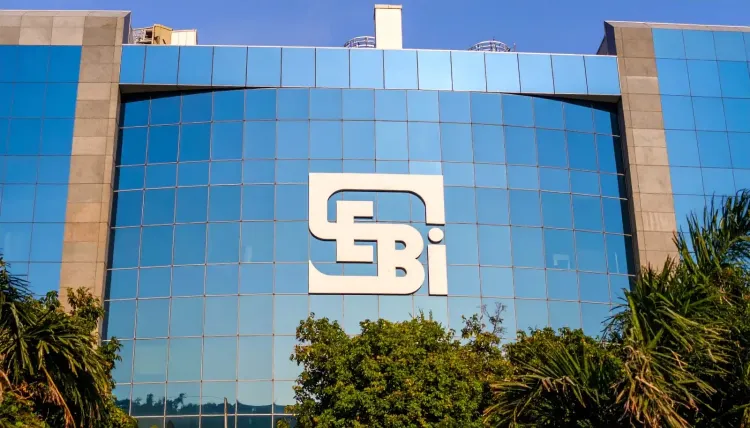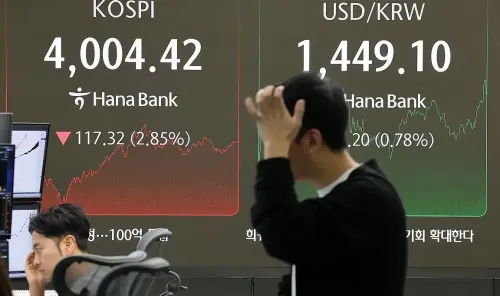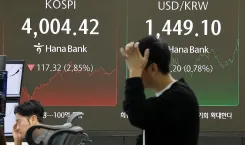Will SEBI Open Doors for Banks, Insurers, and FPIs in Commodity Derivatives?

Synopsis
Key Takeaways
- SEBI is consulting the government to expand participation in commodity derivatives.
- Inclusion of banks, insurers, and pension funds can attract global investors.
- SEBI emphasizes the importance of maintaining market integrity through oversight.
- A working group will develop the non-agricultural commodity space, including metals.
- Compliance will be simplified with a unified reporting platform by December 2025.
New Delhi, Sep 17 (NationPress) The Chairman of the Securities and Exchange Board of India (SEBI), Tuhin Kanta Pandey, announced on Wednesday that the regulatory body will engage with the government to enhance the participation in the nation's commodity derivatives market.
At an event hosted by the Multi Commodity Exchange, Pandey indicated that SEBI is considering the inclusion of banks, insurance firms, and pension funds in the commodity derivatives arena.
Moreover, he revealed that SEBI aims to obtain government consent for allowing foreign portfolio investors (FPIs) to engage in trading derivatives linked to non-agricultural and non-cash settled commodities.
This initiative, he stated, will facilitate the integration of international investors into India's commodities marketplace.
Pandey emphasized that SEBI has already established a committee tasked with proposing strategies to strengthen the agricultural commodities sector.
A working group will be convened shortly to expand the non-agricultural commodity domain, particularly in metals.
According to the SEBI chief, the regulatory authority's approach will be comprehensive, with a primary focus on safeguarding the integrity and safety of the markets.
He noted that mechanisms like real-time margin collection and continuous oversight are vital for achieving this.
Simultaneously, Pandey underscored the importance of broadening participation in commodity trading.
He clarified that commodity platforms cater not only to large corporations, importers, and traders but also to institutional investors such as mutual funds and alternative investment funds (AIFs).
These investors are increasingly recognizing metals as a valuable asset class that can enhance risk-adjusted returns.
Increased institutional engagement, as noted by Pandey, will elevate liquidity and enhance the market's relevance for hedging.
To simplify regulatory compliance, SEBI plans to integrate commodity-specific brokers into the Samuhik Prativedan Manch—a unified reporting platform—by December 2025.
This initiative is expected to alleviate reporting burdens for market participants.
SEBI is also collaborating with the government to address GST-related issues faced by investors wishing to transact commodities via exchange platforms.
Additionally, the regulator will launch targeted awareness and educational initiatives to make commodity markets more accessible and pertinent for a broader spectrum of investors and stakeholders.









